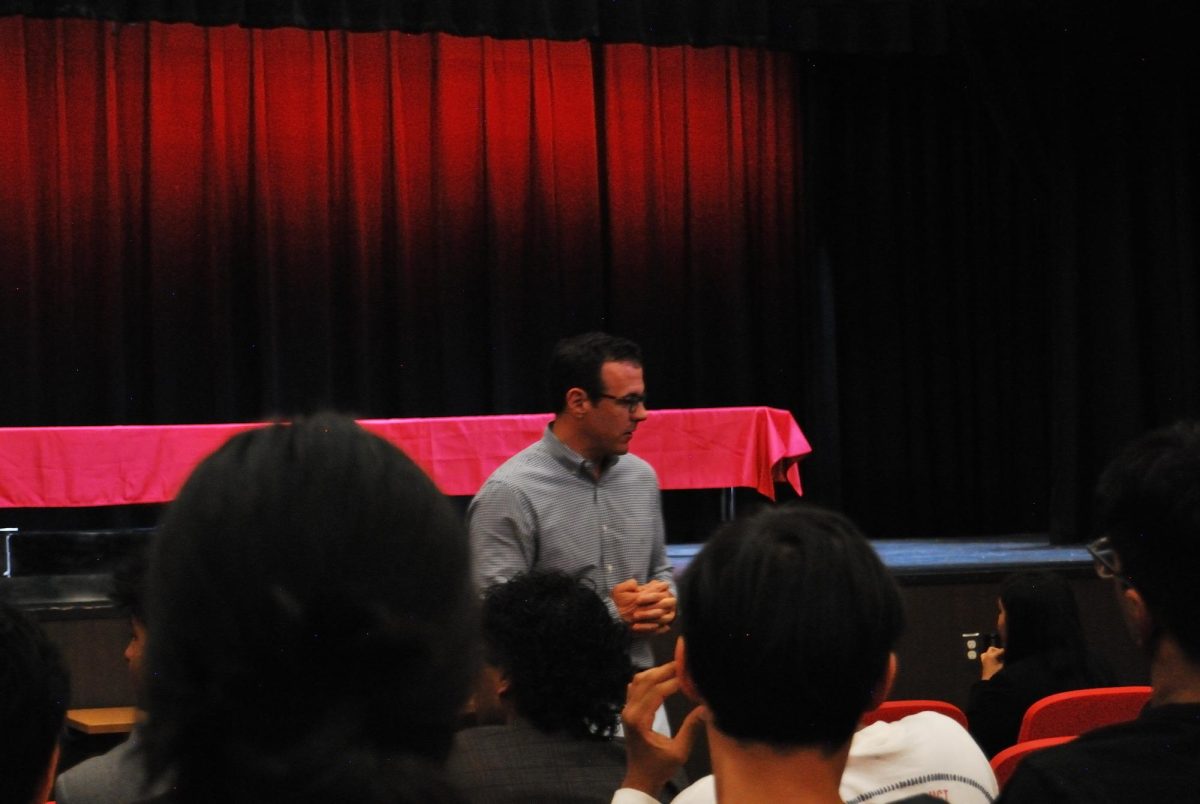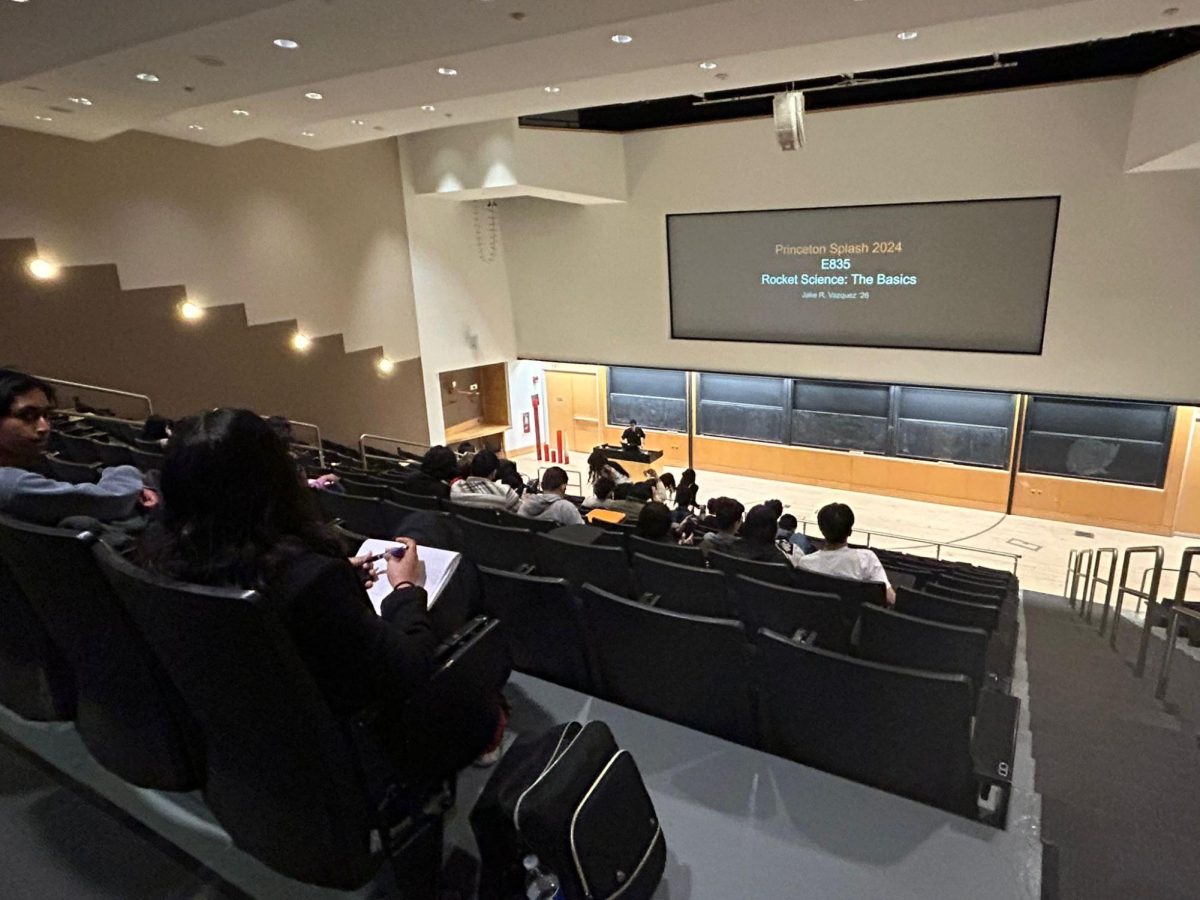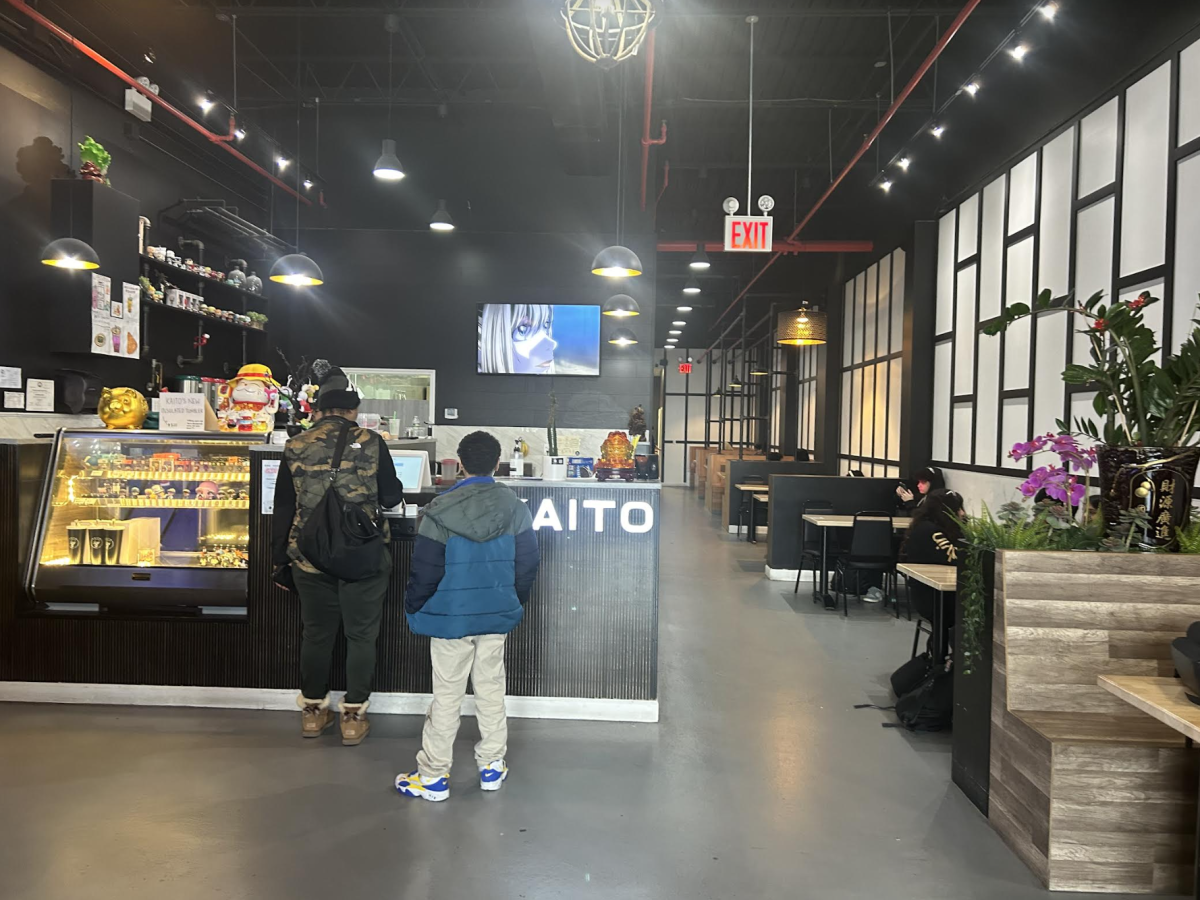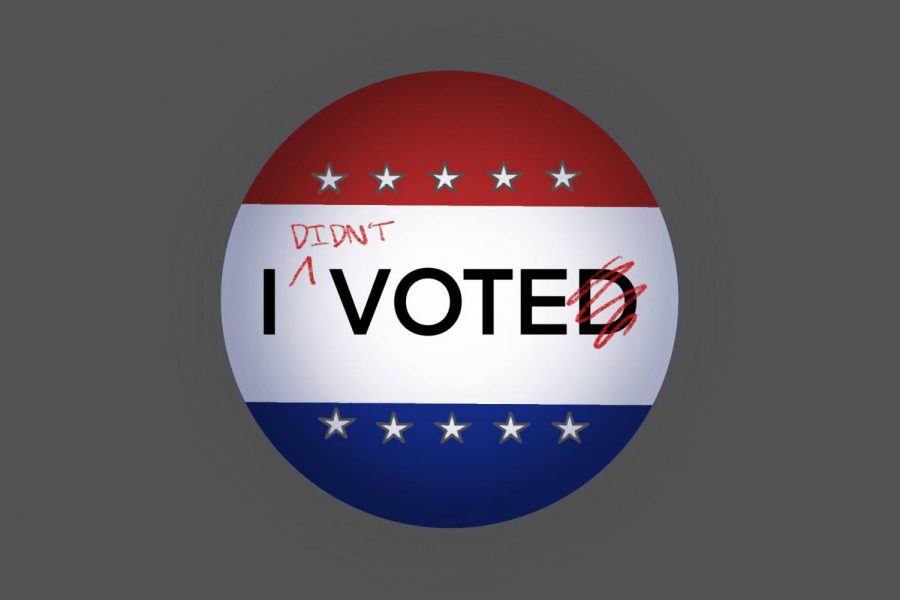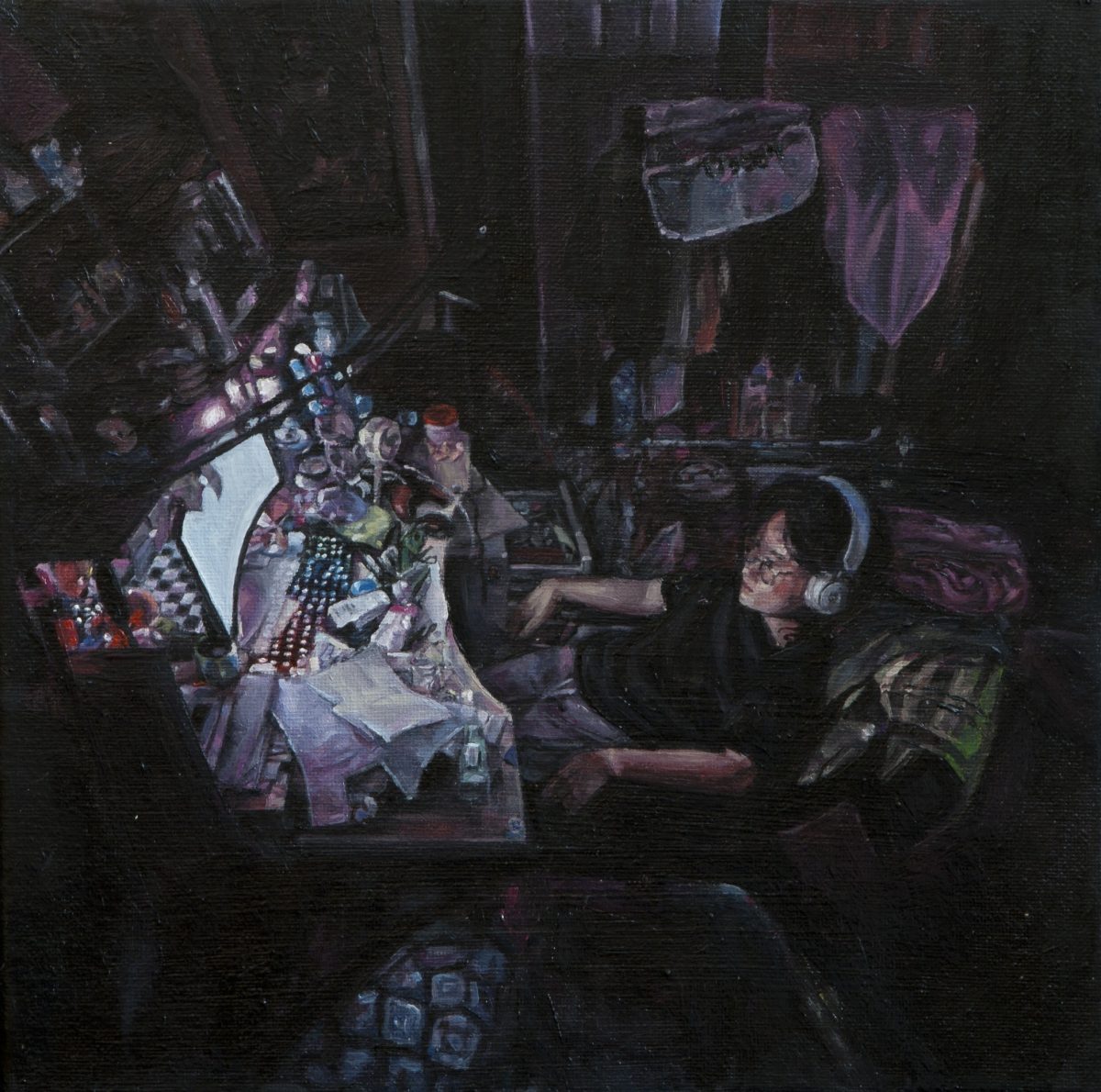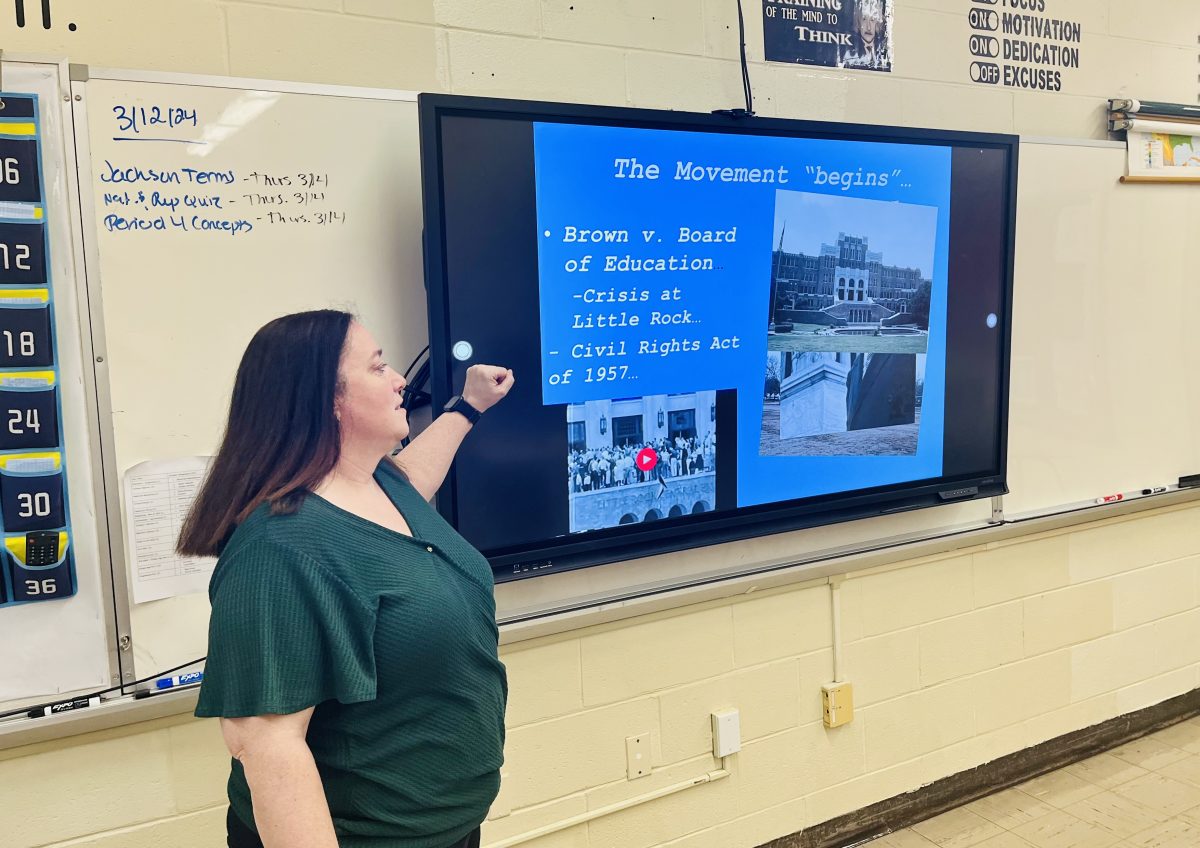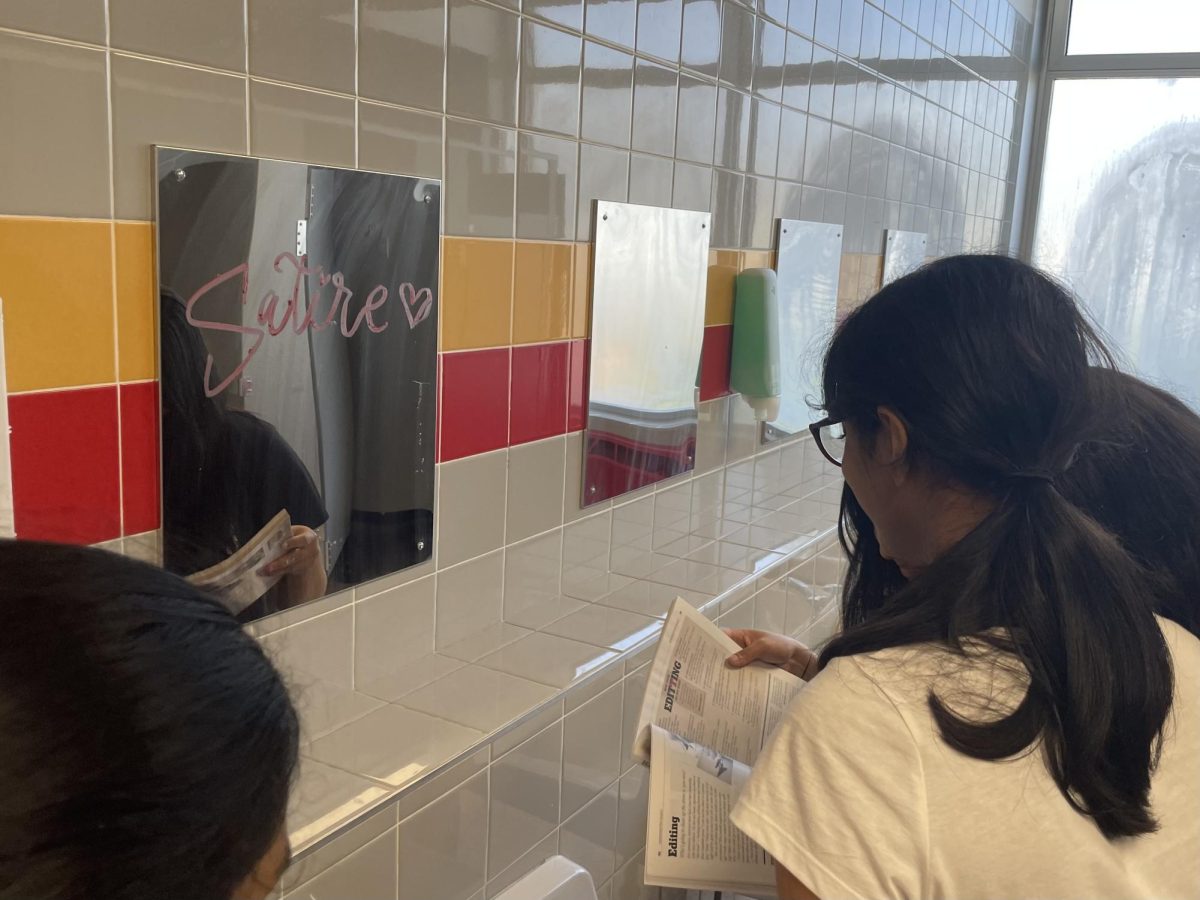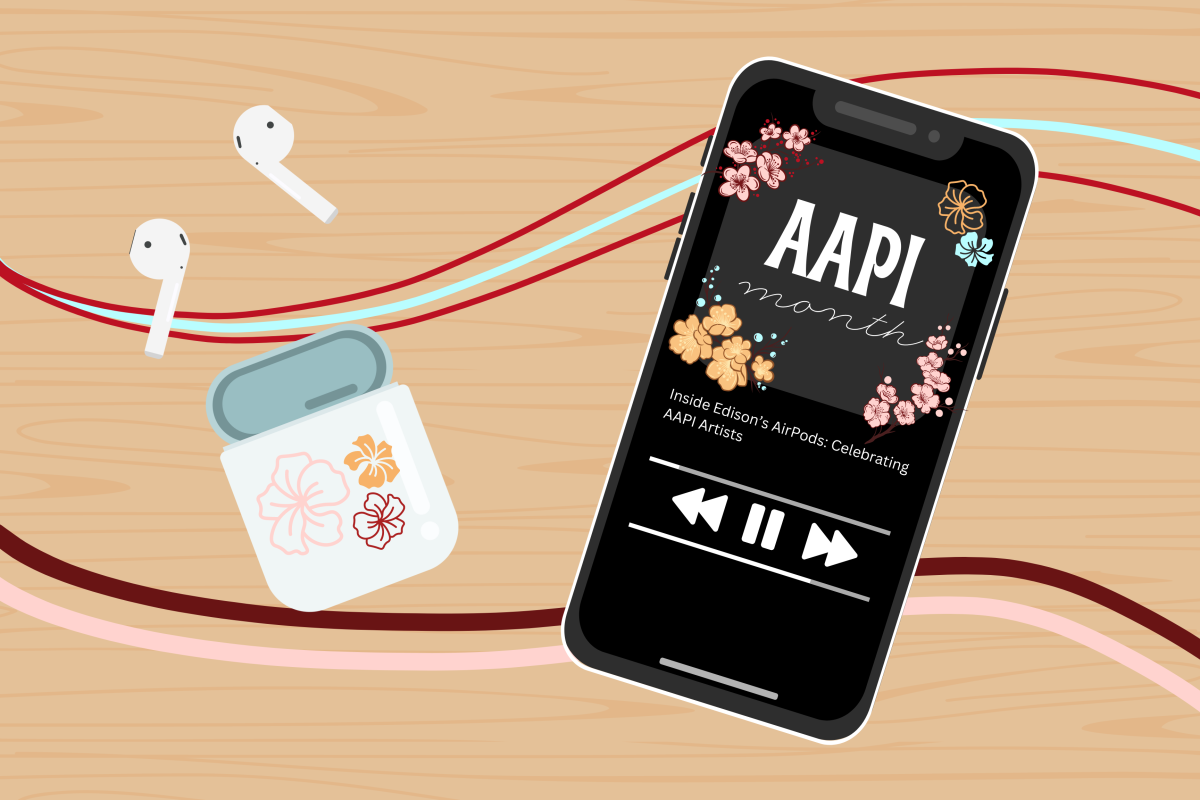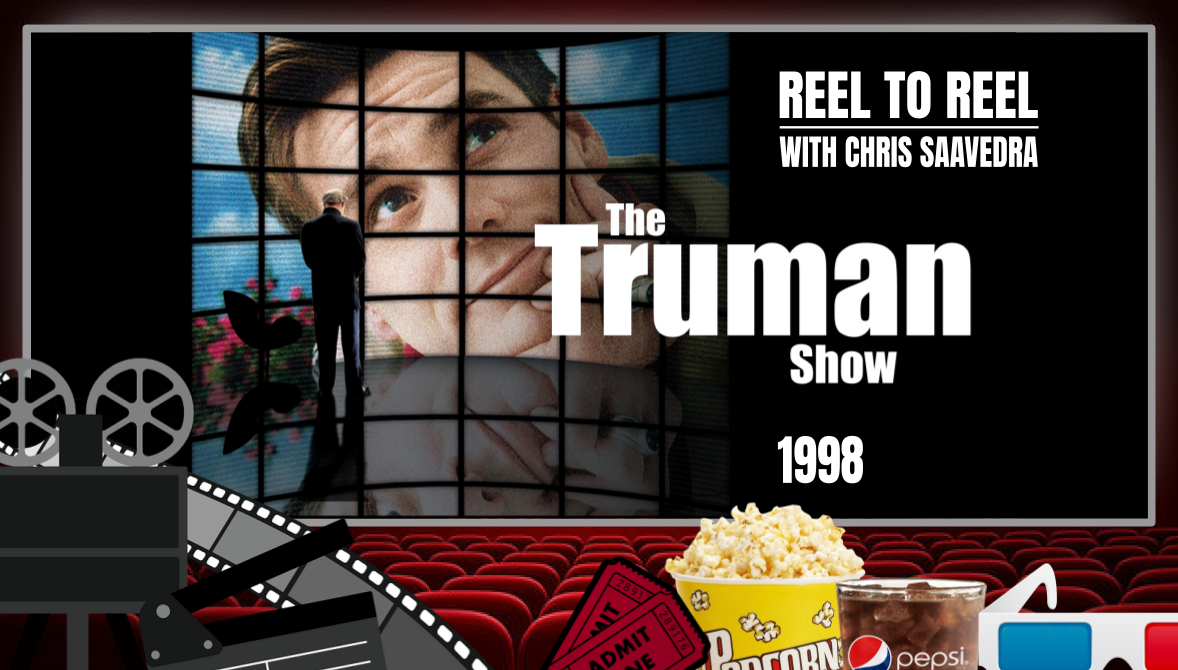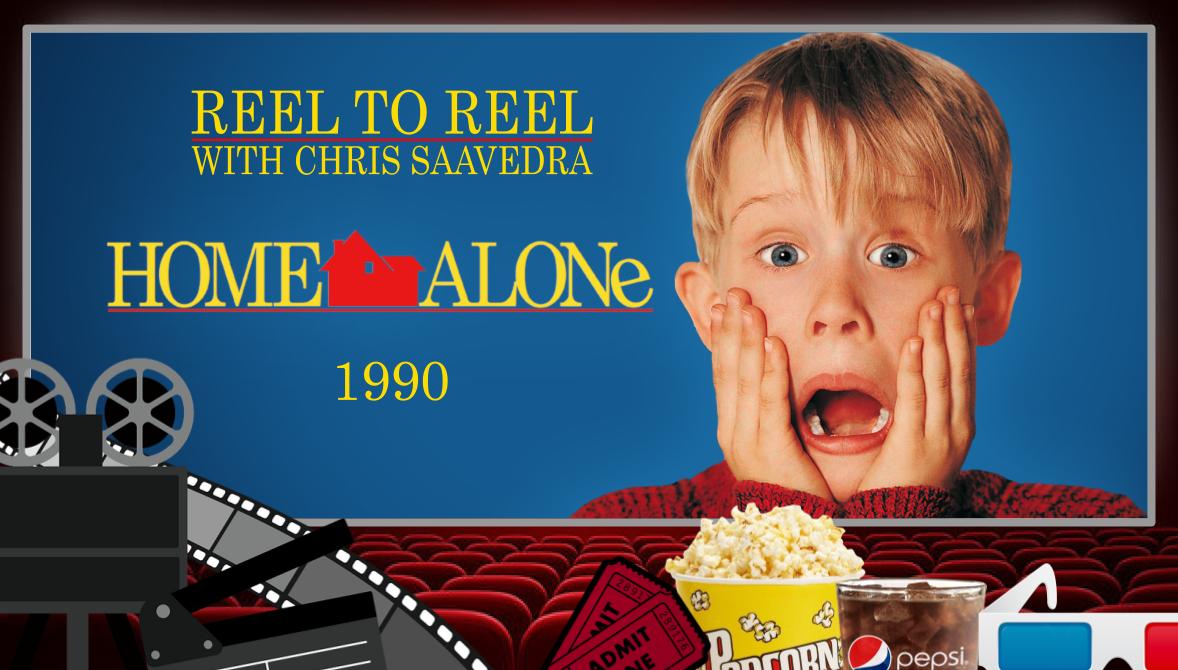I’d be a hypocrite to tell you not to shop at places such as Shein or Temu, because as most of us at Edison High School know, it’s inevitable to be consumed by the media and the desire for cheaper but fashionable clothes.
Over one million garments are created every day by fast fashion industries such as Shein, Temu, H&M, and others. According to CBS News and several other sources such as Forbes and Unicef many of these industries are recognized as sweatshops which tend to involve poverty-level wages, excessive hours of labor, and unsafe working conditions. Headlines are increasingly more consistent in the media about lawsuits and allegations of child labor surrounding these retailers, including accusations against Shein for alleged forced labor as well as the fast fashion giant’s RICO violations, a law in the United States which aims at fighting organized crime. The law allows for prosecutors to go for the entire criminal organization instead of one individual.
However, the controversy hovering over this topic stands between the more ethical line of these retailers being affordable especially for low-income families and, on the other hand, the retailers’ extremely unethical and allegedly illegal practices.
Opinions are widespread around the world and EHS is no different, with opinions ranging from downright rage against fast fashion to giving in and turning a blind eye.
A majority of the staff and students at EHS believe that shopping at fast fashion retailers is inescapable due to the society we live in that focuses on prioritizing wealth over morals and the standards we’ve been consumed by such as unrealistic beauty standards and fashion expectations.
“I feel like it’s inevitable in the world. I honestly don’t get people who are against fast fashion because not everyone can afford to go to a boutique, which is very expensive,” said Zeynep Kacan ‘26. Kacan believes our society should bring greater attention to other issues in the world such as global warming.
“The internet, and in particular, social media’s influencer culture, capitalizes on the aspirations of American culture and consumers,” English teacher Mr. Patrick McCaffrey conveyed. “People want what they see, which influencers know and work towards providing new things to be seen.” McCaffery continued to say that there are many outside factors contributing to our consumption of fast fashion, whether it’s the media or unrealistic promotions of fashion which make people feel more inclined to spend money on clothing that’s trendy and affordable yet questionably produced.
However, with all the controversy surrounding fast fashion and with the school’s curriculum overlooking educating students on the current issues with the stores students shop at, most people in general don’t have a concrete opinion or fair understanding on fast fashion. In history class where social issues are often addressed, students could review labor laws through the lens of modern everyday fashion or even as an extension of the child labor practices prevalent in early 20th century America.
Due to fast fashion not frequently being talked about in school, students and staff are less inclined to be informed about what retailers are categorized as fast fashion, which is why a lot of people only associate fast fashion with Shein or online retailers.
“I think of Old Navy and Amazon and Shein when it comes to fast fashion,” English and Journalism and Media teacher Mrs. Diane Frey states.
Sharing the same stance, Zeynep ‘26 pointed out, “I’ve never used Shein before, but I use H&M and Zara which are other fast fashion retailers. A lot of people aren’t aware that they are fast fashion because I used to say ‘I get all my clothes from H&M and it’s not fast fashion.’ Then, I found out it was, which was humbling.”
The truth is, however, that if we want industry practices to change, the power is in our ability to stop supporting these retailers.
“Consumers want things cheap and unless they boycott companies with questionable working conditions or treatment of workers, the problems will continue,” History teacher Mr. Mike Korneski said.
This all begs the question: Can fast fashion be justified? According to EHS, it can. Many students and staff members don’t have the salary nor the budget to afford sustainable fashion clothing items which can range anywhere from $50-200 per item. And, a lot of the time clothing from sustainable brands don’t include the latest trendy clothes and are not as widely known in the media as other retailers in the market. Retailers such as Nobody’s Child, Beyond Retro, Komodo Fashion, and a few others include trendy styles; however, in comparison to fast fashion prices, people don’t hesitate to choose the cheaper option.
The majority, including English teacher Mrs. Allison Greer, have similar viewpoints regarding the appealing aspects of fast fashion.
“Everyone wants to look good and feel good, and when that becomes attainable in cheap and quick ways, people want to participate,” Greer said.
“The affordability of fast fashion is an attractive quality. I don’t want to spend a lot of money and I want to look good,” said McCaffery. He explains, “In an ideal world, products would be affordable and would last a long time.”
“Unfortunately,” he adds, “we don’t live in that world.”
Shame culture is always immersive, especially in highly controversial areas, such as fast fashion. Regardless of what your intentions are, most likely every one of us has purchased one or a few items from a fast fashion retailer whether it was with or without knowledge. The point is, that shame culture creates a toxic environment within the community because people often get the idea that they can’t share where their clothes are from or express their style.
“I feel targeted by rich people who tell me not to shop there. I think you should mind your own business because other people have different circumstances and if someone’s struggling and can’t shop from mainstream stores,” Gwyneth Reyes ‘27 stated.
So how do people find affordable conscious clothing that are in style? There are many options like thrift shops, off-price retailers, and making your own clothes.
In the end, students and staff can try their best to be conscious about where they’re purchasing from; however, at the end of the day, consuming fast fashion appears to be unavoidable.
“In general, fast fashion makes a lot of sense in 2024,” McCaffery said.




